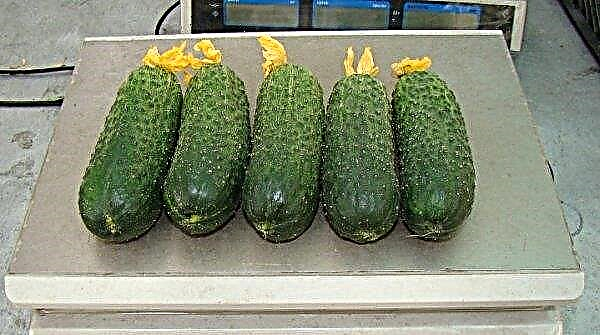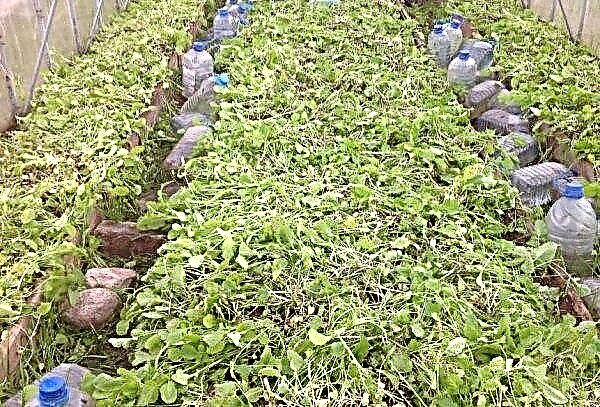Since the advent of ready-made salads in the early 80s, freshly cut leafy vegetables in bags have become increasingly popular. But as this market becomes larger, more and more new diseases appear.
At least, this can be seen from a new review by a scientist from the University of Turin, which appeared in the journal Plant Diseases.

Producers no longer grow crops in their original environment, but use foreign soils where other diseases are found. In some cases, low levels of seed contamination can already lead to the rapid emergence of new diseases in new geographical areas. This can disrupt the natural biological balance and lead to a devastating epidemic.
An increase in temperature provides plants with less resistance to pathogens. This is why strategies to combat these pathogens must be reviewed so that they can also withstand new, warmer temperatures. After all, the new diseases that appear on packaged leafy vegetables are often associated with their preference for high temperatures.

Researchers have mainly discovered new diseases that cause leaf wilting and stains on leaves, as well as on many types of leafy vegetables, such as rucola, endive and spinach.
Direct speech: “Leafy vegetables can be infected, and if hygienic conditions are violated, diseases like Escherichia coli and salmonella can spread much faster,” they say. And yet there is no reason to panic. Direct speech: “Manufacturers of finished products must adhere to strict rules. If this is done, it is unlikely that the pathogens will spread. ”

Pathogens have already been discovered in ready-to-eat leafy vegetables around the world. If you want to prevent the disease, the researchers say you should eat the packaged salad as quickly as possible so that bacteria are less likely to reproduce.
Recommended reading:
- Warm weather impedes vegetable production in Italy
- Scottish growers worry about workers from Eastern Europe
- The British fear a shortage of fruits and vegetables this Christmas












